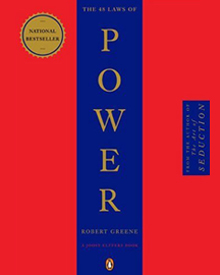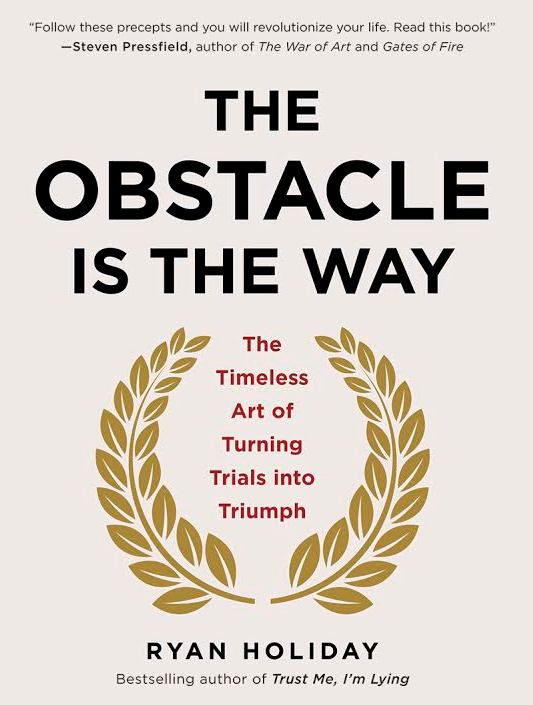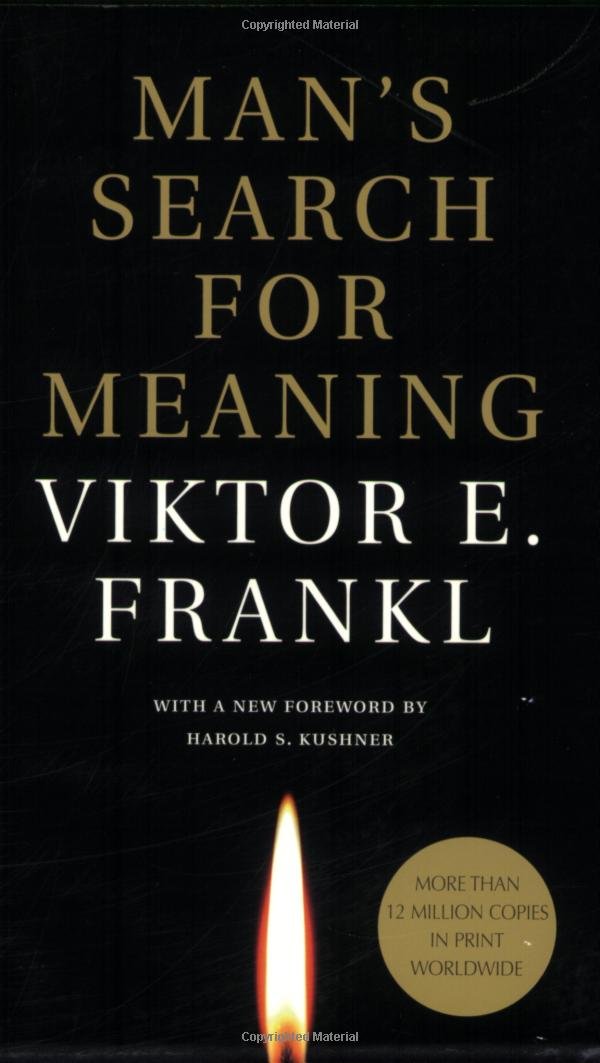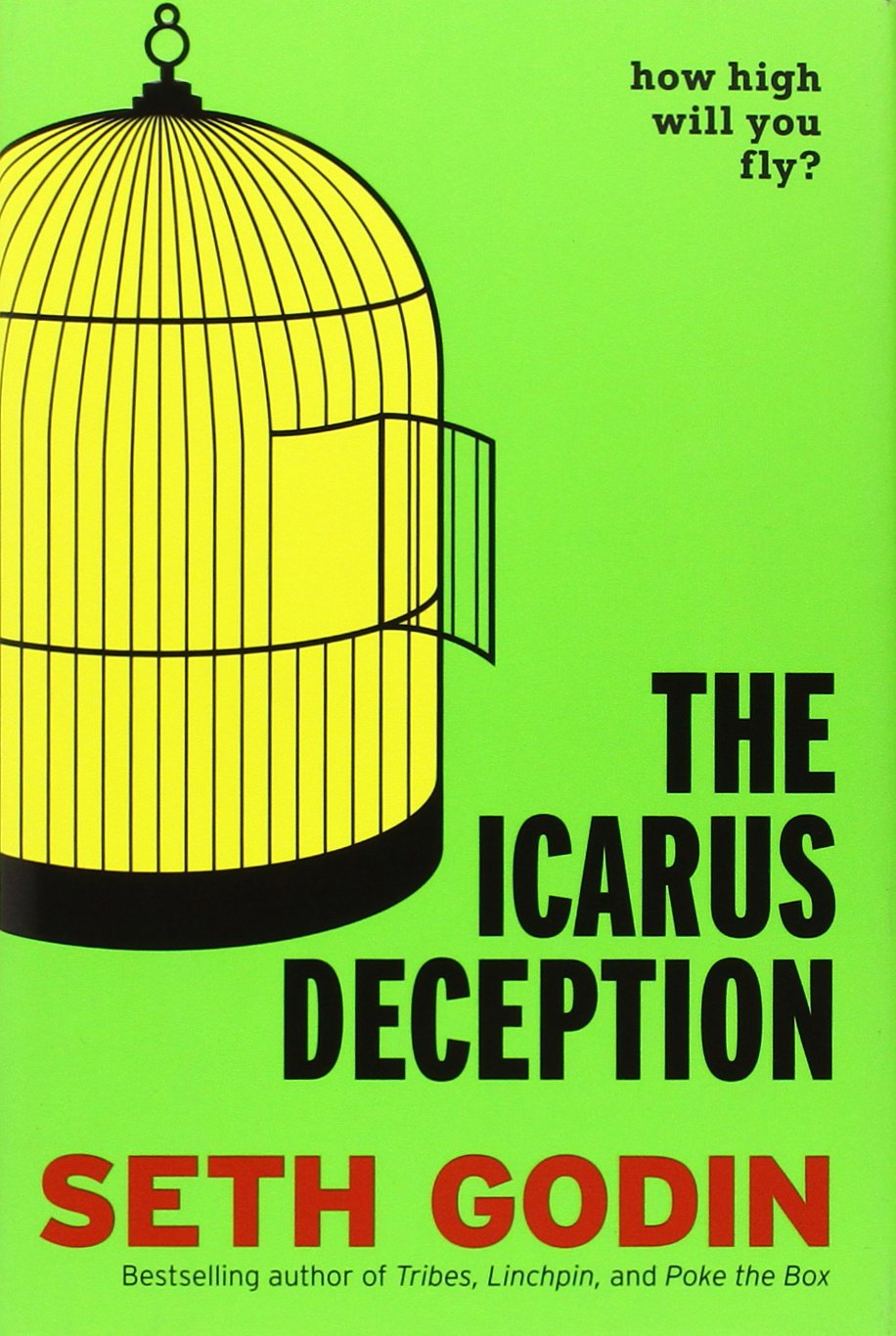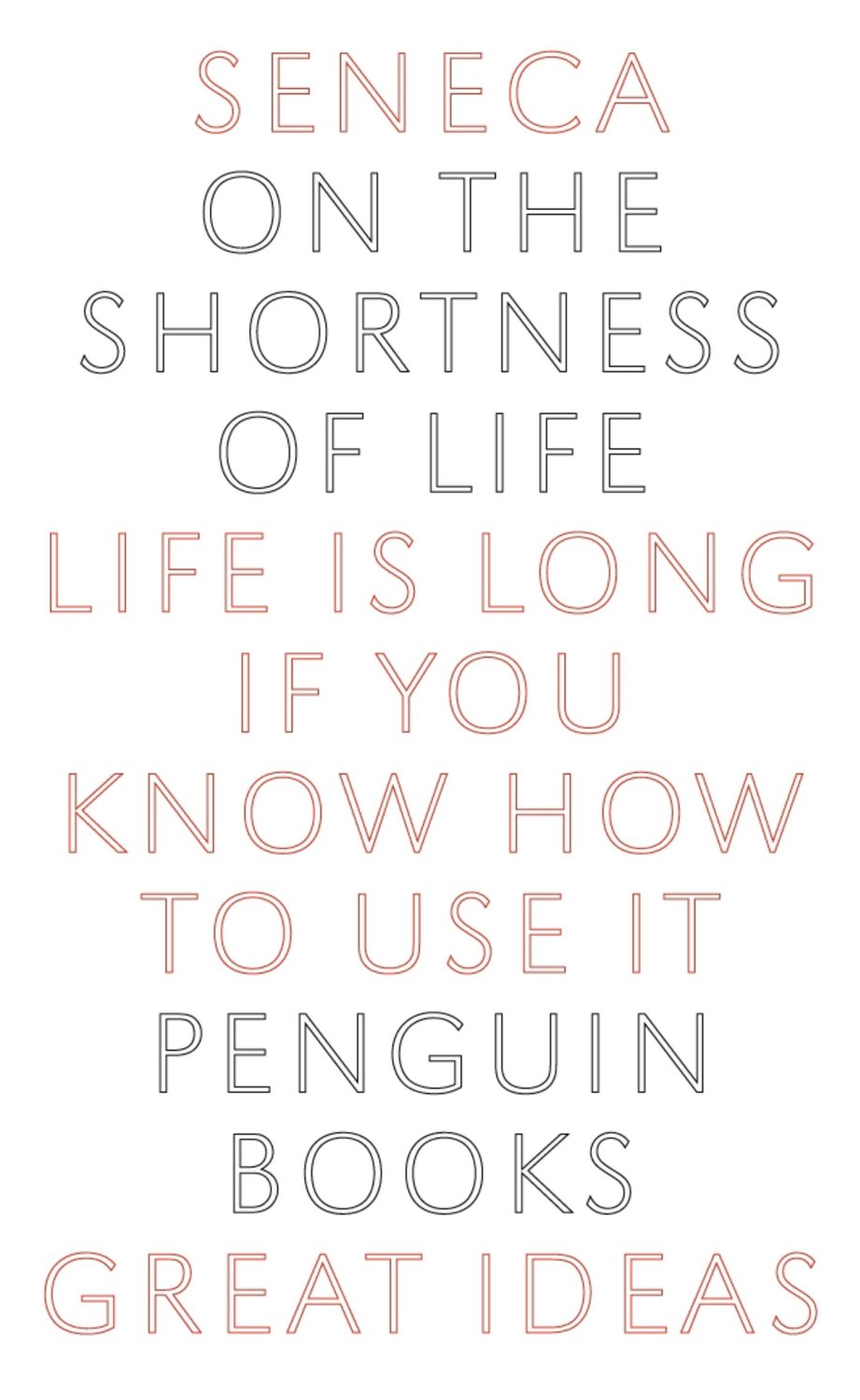I loved track and field. And I still do. Twelve years of the sport pushed me to my mental and physical limits and taught me resilience and patience along the way. It brought me respect, records, a state championship, countless memories, and the opportunity to compete at the highest level of collegiate athletics.
But the sport also brought me pain: frayed cartilage, two hip surgeries, fractured bones, and torn muscles. It brought me stress and anxiety, and it took me longer than it should have to realize that track had completed its role in my life.
It was not until I came across this quote that I was able to take my mind out of the gutter and see my situation for what it was:
“If you cannot reasonably hope for a favorable extrication, do not plunge deeper. Have the courage to make a full stop.” – Alexander Hamilton
At the end of my career I was fighting for honor’s sake – to say I completed four years as a Division I athlete. I went to practice every day and pretended everything was fine. But I hated it. It didn’t matter that I could only give eighty percent effort, it was a status symbol to be an athlete at a major school.
I was ashamed to admit to others (besides those closest to me who knew something was off) the truth that I was done. What would my coaches, relatives, and friends think if I bailed out on my goals and my identity that I carried with me for the past twelve years?
Here’s what I concluded: the people that need validation, the people that allow their identity to be defined by others, the people that can’t accept their fate, they are amateurs. Professionals, on the other hand, live fulfilling lives, and they know when to cut their losses.
It was mentally and physically unhealthy for me to keep running track. My recovery had plateaued, and it was clear I wouldn’t reach my ideal performance level. At the same time, I was missing opportunities to learn about life outside the bubble of sports. I am in no way shaming college athletics (as many others have); however, I can’t stress enough the importance of being objective and cooperating with the inevitable, especially when your wellbeing is in the balance.
I’d be lying if I said I wasn’t scared to quit. There is always a fear of the unknown, a need for certainty. But that need for certainty is dangerous. It prevents us from exploring and living up to our potential. I can now say with confidence that I have improved as a person since my decision.
I have no regrets. If anything, I’m relieved and energized. Where I once feared would be a gaping hole in my life has turned into a wealth of opportunity. Since stepping away from track, I’ve been hired by two amazing companies, and made great strides toward my future career. I’ve also developed my faith life, and grown closer to my family and friends.
The hardest part of the last two years was not the hours of grueling rehab or the workouts that caused so much untold pain. Instead, it was the psychological effects that almost broke me. It was one thing to battle physically to get back to my old self. It was another matter, however, to admit to myself that I could only fake it for so long before everyone realized that I wouldn’t be the runner I used to be. Only then could I accept it was time to move on and find my worth somewhere else.
If you find yourself in a situation similar to mine, here’s my advice: you won’t die if you cling to attachments that are toxic. In fact, there are many people who live their lives hanging on to everything because they can’t swallow their own pride. But you’ll be a hell of a lot happier when you decide to take a step back, discard your unsolvable problems, and take back control of your life. Trust me.
“The weak never give way when they ought to.” – Jean François Paul de Gondi
Dominic Vaiana studies writing and media strategy at Xavier University. He founded a campus newspaper and later went on to advise, ghostwrite, and edit for colleagues and startups. His biweekly newsletter with his personal articles, essays, interviews, and book recommendations, can be found here. For any questions or comments, email dominicvaiana@gmail.com.
